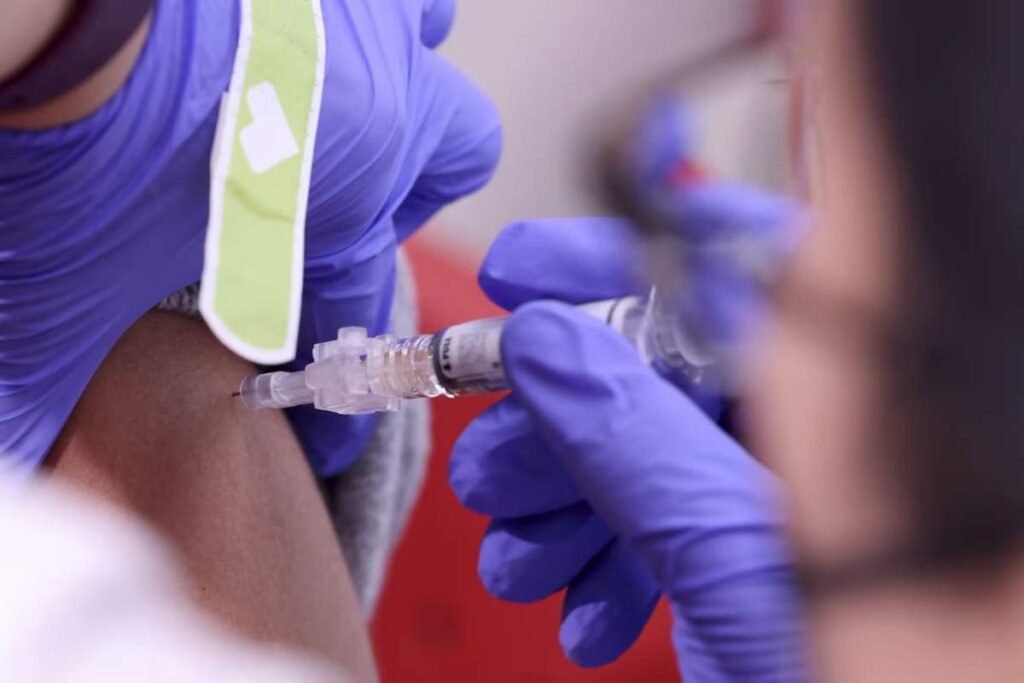Colorado, along with other states, is seeing a significant rise in whooping cough cases, also known as pertussis. Recent data showcases have tripled cough cases surge in Colorado affecting counties such as Jefferson and El Paso. This spike mirrors a national trend, with health officials noting a return to pre-pandemic levels of whooping cough. A recent incident at Cheyenne Mountain High School prompted officials to inform students and families about preventative measures following a reported case at the school. Meanwhile, the Jefferson County Public Health Department has issued a public warning about the highly contagious nature of the disease.
The Centers for Disease Control and Prevention (CDC) first raised concerns in July, observing that whooping cough cases were returning to numbers seen before the pandemic. The CDC data shows that in recent years, as few as 2,116 cases were recorded nationwide. However, in 2019 alone, over 18,600 cases were reported, and back in 2012, the count exceeded 48,000. This year, Colorado has reported 467 cases as of October 19, with over 13 of those occurring in one county, placing it below hard-hit states like California and Wisconsin, which have reported more than 1,200 cases each.
Understanding Whooping Cough cases surge in Colorado and Its Health Risks
Whooping cough is a respiratory illness that starts with symptoms similar to the common cold, including a runny nose, but later progresses to severe coughing fits, often accompanied by a distinctive “whooping” sound. While the disease can be treated with antibiotics, it poses significant risks, particularly to infants and young children. The CDC has noted that coughing fits associated with pertussis can lead to additional complications, such as vomiting, difficulty sleeping, and in severe cases, even fractured ribs.
The CDC introduced a vaccine for pertussis in the 1940s, which has since become part of routine vaccinations alongside tetanus and diphtheria shots. However, recent trends show a decline in vaccination rates among certain age groups. This dip, along with increased vaccine exemptions, has raised concerns among health officials about pertussis spreading in schools and among teenagers, a shift from the disease’s typical impact on infants. In Colorado, immunization rates for diphtheria, tetanus, and pertussis vaccine were slightly below the national average, which may partly explain the recent uptick in cases across the state.
CDC and Local Health Department Recommendations
To combat the spread of whooping cough cases surge in Colorado, health experts emphasize the importance of vaccination. The CDC data shows that around 92% of kindergartners nationwide received the pertussis vaccine, but with the rise in cases, health officials stress the need for continued vaccinations and booster doses for older children and adults. Denver Health and the Jefferson County Health Department are also advocating for preventative measures such as frequent handwashing, wearing masks, and increasing ventilation in homes. They advise those who exhibit cold symptoms or persistent cough to avoid close contact with others, especially vulnerable groups such as infants.
To further reduce transmission, the CDC and local health departments are urging Colorado residents to remain vigilant about symptoms, seek medical advice if pertussis is suspected, and stay updated on vaccinations.









